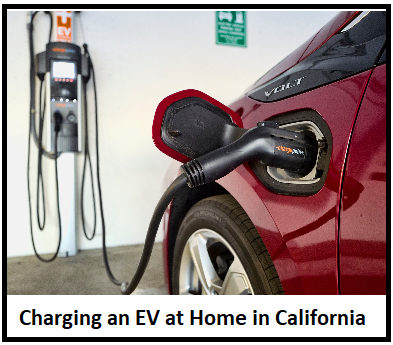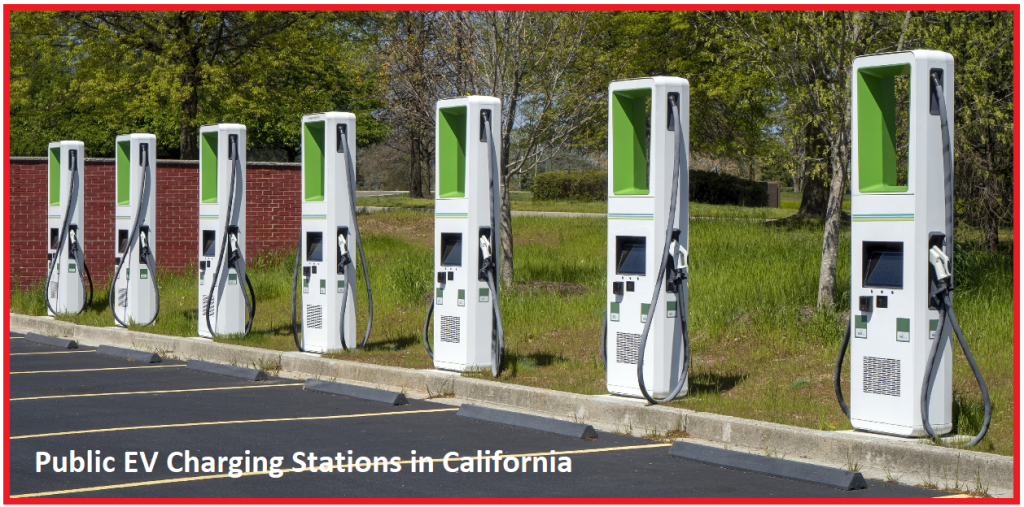UPDATED 5/10/2023 @0550 hours
HB3418, proposed by State Rep. Terry Canales (D-Edinburg), addresses a vehicle mileage tax in lieu of a fuel tax. Is this a good idea? What motivated Rep. Canales to post this bill?
If he was concerned that owners of electric vehicles (EVs) pay zero, zip, nada, fuel tax, I can understand his point of view.
Representative Canales’ bill follows Joe Biden’s so-called “Infrastructure bill,” which has nothing to do with infrastructure and much to do with squandering money and controlling US citizens. Embedded in Biden’s bill, the bill Texas Senator John Cornyn verbally opposed before he voted for it, is a ‘pilot program’ for a mileage tax.
For as long as I have lived (over seven decades), there have been two taxes charged per gallon for motor fuel, a federal excise tax, and a State of Texas excise tax, the two combined at the pump.
For all vehicles powered by liquified propane gas (LPG), liquified natural gas (LNG), gasoline, and Diesel, we already have a mileage tax. Each vehicle consumes fuel at a rate commensurate to its mass (weight), its payload (passengers and/or cargo), and the distance driven. A uniform tax-per-mile is understandably unworkable.

There is one notable good practice in effect in California. Yes, one, but only one.
Electric vehicle owners have two electric meters at their homes, one for household electrical power, and a second for their electric vehicles. Learn about this practice from the California Public Utilities Commission: Electricity Vehicles Rates and Cost of Fueling.
HB 3418, regardless of the intent, is useless and would overcomplicate vehicle fuel taxation.
Instead, of HB 3418, I propose either legislation or regulation by the Railroad Commission to attach an equivalent miles-per-gallon charge for recharging electric vehicles.
As in California, Texas must require a dedicated power meter for the EV charging station. The electrical equivalent to one gallon of motor fuel is 33.410107 kiloWatt hours (kWh). The electrical power provider can add the motor fuel equivalent tax to the customer’s electrical bill.
Here in the North Texas area, there are numerous free EV charging stations. I have no objection to a business providing free electrical power for a customer to recharge his or her car. However, the miles an EV travels over our public thoroughfares contribute to the cost of highway construction and maintenance.

Retailers could continue to give free energy to their customers who drive EVs. Those charging stations should be metered separately from the business’ electrical power. The gasoline equivalent kiloWatt hour charges would be billed by the retailer in the same manner as the gasoline retailer collects the motor fuel tax.
33,410107 kWh = 1 gallon of gasoline
Texas excise tax is $0.200/gallon
+ Federal excise tax is $0.184/gallon
Gross Fuel tax/gallon is $0.384/gallon
HB 3418 Bill reported out of the House Committee on Transportation with a vote of 10 Ayes, 1 Nays, 0 Present Not Voting, 2 Absent.
There is time to urge your Texas State Representative to OPPOSE this bill.
John White
Rockwall, Texas

They’re trying to limit your travel by “regressively” taxing it. It’s all connected. Control
LikeLiked by 1 person